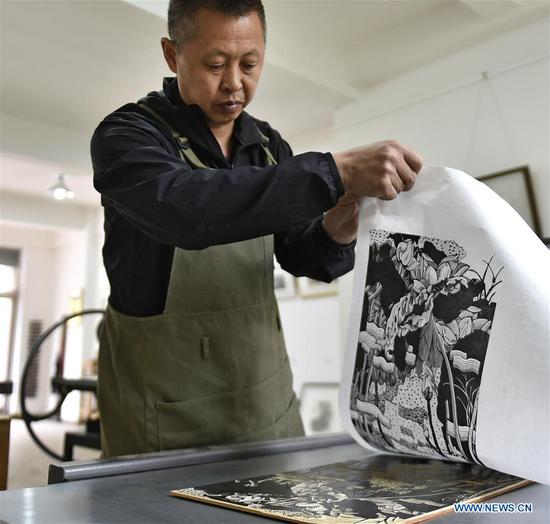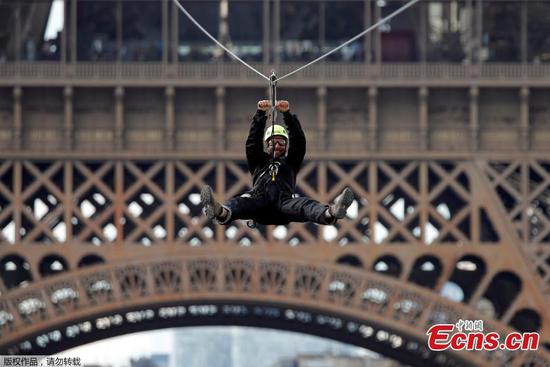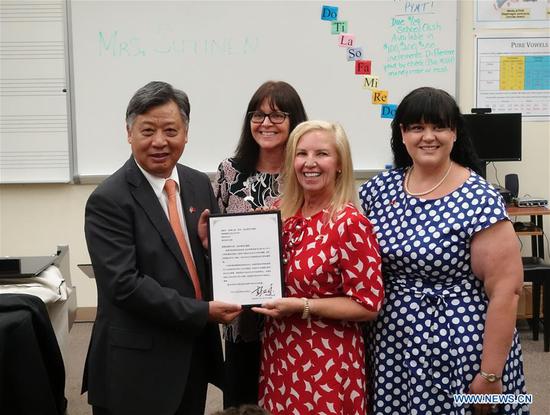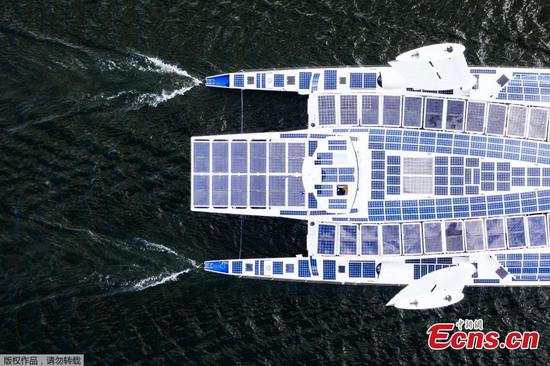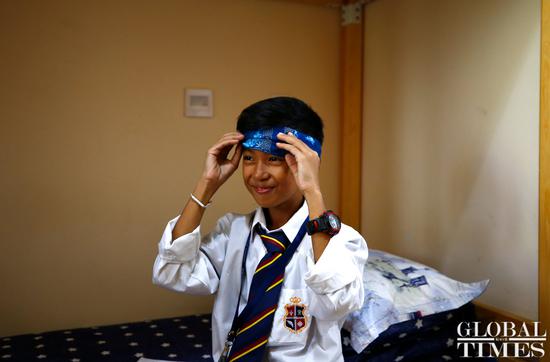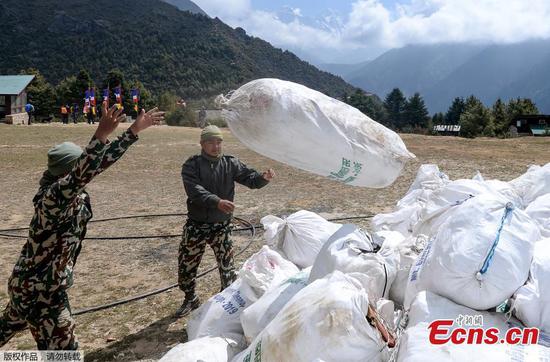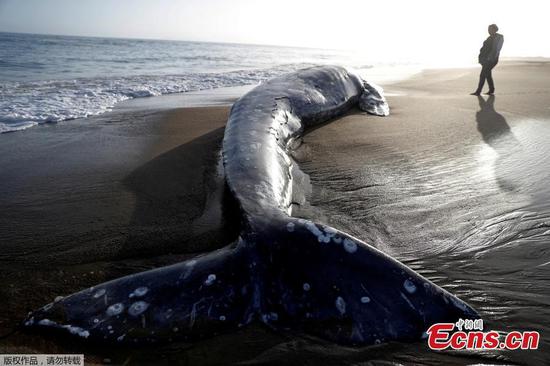Like Salewa North America, many companies have had to absorb such costs or pass them on to consumers, as pricing structures for orders could not be altered when the 10 percent tariffs took effect in October.
Harper advised companies to start looking at other possible sourcing options. "Even if there's an agreement (between the US and China) in place," he said.
However, he added that there are no viable sources other than China in many cases, citing, for example, that 98.9 percent of imported down sleeping bags in the US come from China.
Keen, a shoe company in Portland, Oregon, produces or sources material in China for some 70 percent of its work boots. The tariffs have raised the company's overall costs, and consequently the prices customers pay for its boots.
Harper said: "It takes time, investment and training to shift supply chains. China still dominates and can be the only option."
Tom Cove, the Sports and Fitness Industry Association president and CEO, said in a statement: "China currently represents one of the most important production source countries for the industry, with companies from every sector producing goods to be sold in the American market. We fear a particular threat to small and medium-sized companies who have less capacity and market power to make dramatic shifts in real time."
He said this is the "farthest-reaching" and "most damaging" trade policy the sports and fitness products industry has faced.
According to the 2019 SFIA Manufacturers' Sales Report, the industry grew by 2.3 percent last year, totaling $92.3 billion, with athletic footwear the fastest-growing area, at 4.6 percent.
An SFIA report released in February said participation in sports and outdoor recreation remains strong across the US, especially cycling, camping and hiking, reflecting interest in an "active lifestyle" and sharing time with family.
Compared with companies, the situation is doubly worse for US consumers who will face hefty price rises and a reduced choice of sporting and outdoor goods, the SFIA said.
Alli Schulman, SFIA spokesman, said, "We expect to see an increase in consumer prices later in the year."
A new study titled Return to Protectionism by a team of economists at the University of California-Berkeley, Columbia University, Yale University and the University of California-Los Angeles said the US tariffs on imported products have been passed almost entirely on to consumers and businesses - "essentially a sales tax paid by US purchasers".
The study found that the tariffs have cost $7.8 billion in lost GDP.












